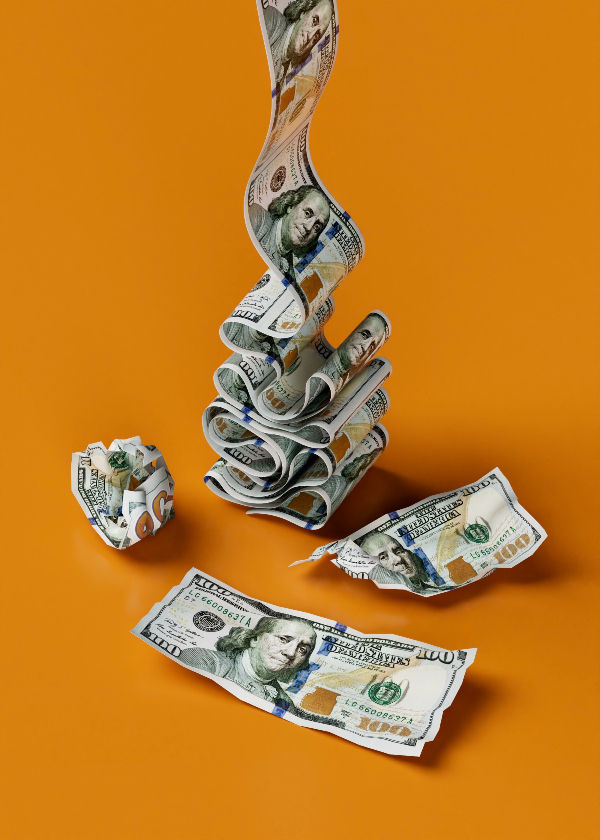How Much Money Is Considered an Emergency Fund?
- Jennifer Wills

- Jun 22, 2025
- 2 min read
Updated: Aug 1, 2025

Do you have an emergency fund? If not, I encourage you to start building one today.
An emergency fund supports your financial stability. Covering unexpected expenses when they occur reduces the need to borrow money and take on additional debt.
The purpose of an emergency fund is to keep your financial goals on track. Covering large, unanticipated expenses not included in your budget eliminates the need to withdraw from your retirement account, which would result in taxes and fees.
If you are financially unprepared, a sudden car or home repair, illness, accident, or job loss can impact your cash flow. In contrast, preparing for the unexpected prevents you from taking money from your other goals, which helps protect your future purchasing power.
What an Emergency Fund Is
An emergency fund is a bank account used to cover unexpected expenses. You can tap into this fund in the event of a large, unanticipated expense, such as a medical bill or car repair. Having the money set aside reduces the need to borrow from a high-interest credit card and take on additional debt to cover unforeseen events.
Emergency Fund Savings
Your lifestyle, monthly expenses, income, and dependents impact the size of your emergency fund. In most cases, you should put away at least 3 to 6 months’ worth of expenses.
Consider your necessary monthly expenses, such as your mortgage or rent, groceries, utilities, and debt payments, when setting your emergency fund goal. You can cut unnecessary expenses if needed and stretch your savings farther.
Putting away a small amount of money from each paycheck can help you reach your emergency fund goal. You also can cut unnecessary monthly expenses, such as eating out and going to movies, to free up and save money.
How to Create an Emergency Fund
Consider opening an interest-bearing savings or money market account to create an emergency fund. Select a bank account that can be easily accessed without taxes or penalties.
When to Use an Emergency Fund
Tap into your emergency fund for expenses directly related to an unexpected event, such as home repairs or job loss. Replenish the amount you withdraw as soon as possible to stay prepared for future expenses.
*This information is for educational purposes only.


Comments